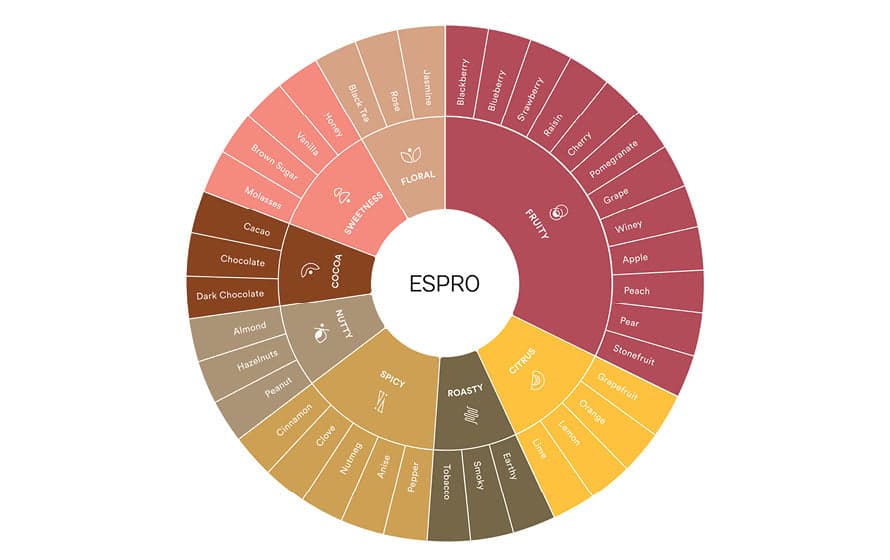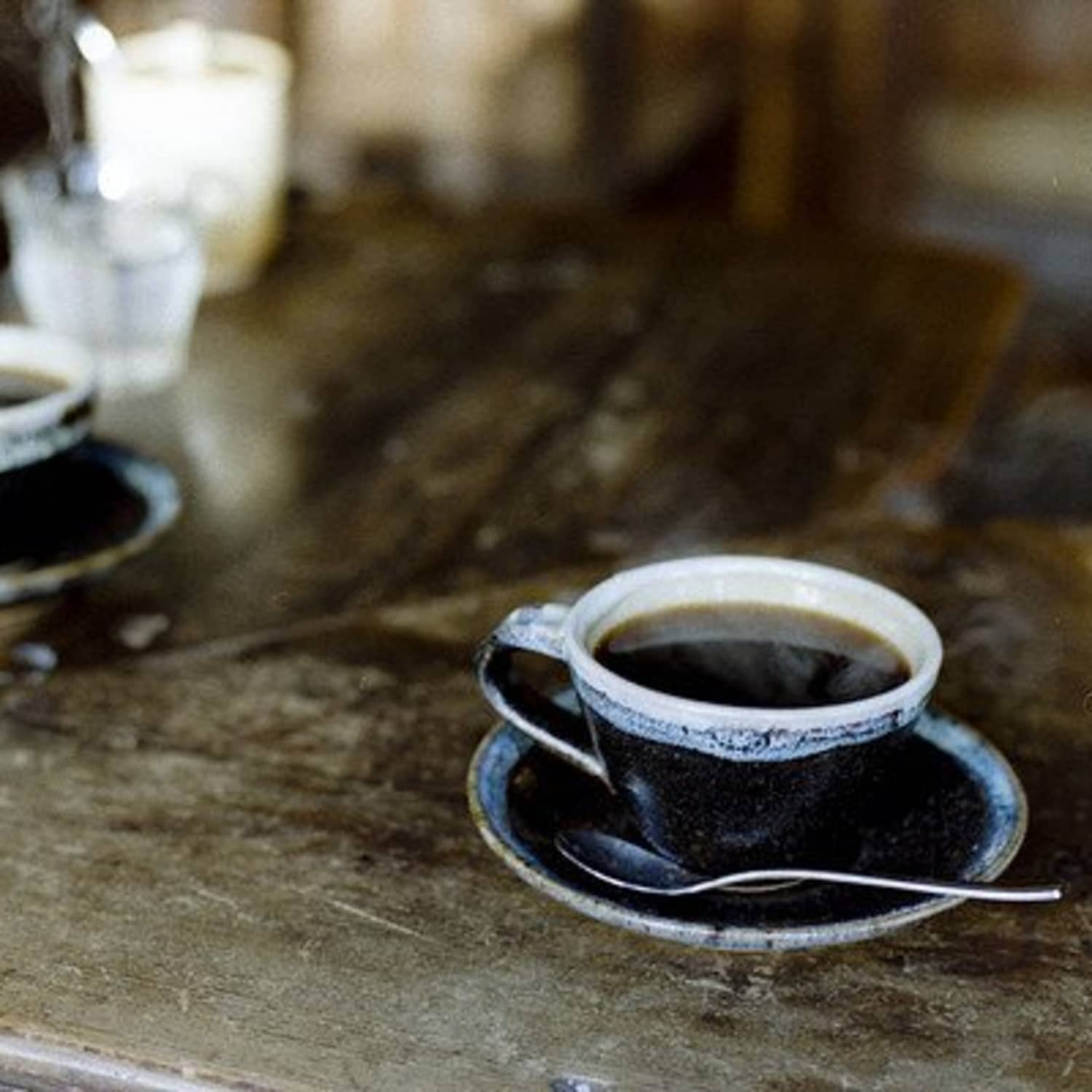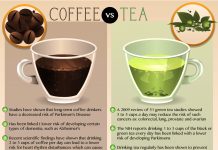Ah, the magical elixir that kickstarts our days and keeps us going.
Coffee, the beloved beverage that brings people together, can sometimes taste bitter, leaving us pondering what went wrong.
But fear not, for we are here to unravel this mysterious bitterness and provide simple solutions to fix it.
So grab your favorite mug, sit back, and join us on a journey to understand why coffee can taste bitter and how you can turn it into a smooth, delectable experience.
Why Does Coffee Taste Bitter Sometimes
Coffee is a beloved beverage enjoyed by millions of people around the world. It’s a beautiful way to start the day, but sometimes, that first sip can be a bit of a shock to the taste buds. Why does coffee taste bitter sometimes?
And more importantly, how can you fix it? In this article, we will explore the various factors contributing to the bitterness of coffee and offer solutions to help you enjoy a delicious, smooth cup every time.
Impact of the Roasting Process
One of the main factors determining coffee’s taste is the roasting process. Roasting plays a crucial role in developing the flavors and aromas of the beans, but it can also introduce bitterness if not done correctly. Let’s take a closer look at the roasting process’s components that can impact your coffee’s taste.
Roast Level
The roast level refers to how long the beans have been roasted and the resulting color of the coffee. A light roast preserves the beans’ natural flavors, while a darker roast brings out bolder, smokier flavors. However, the longer the beans are roasted, the more potential for bitterness to develop. If your coffee is too bitter, try opting for a lighter roast.
Roast Profile
The roast profile refers to the specific temperature and time curve used during roasting. Different roasters have unique roast profiles, which can significantly influence the taste of the coffee.
A roast profile emphasizing a slow, gentle heat application can help minimize bitterness, while a more aggressive, high-temperature profile may lead to a bitter taste.
Roasting Duration
The duration of the roasting process also plays a role in the final flavor of the coffee. Beans roasted for a shorter period tend to retain more natural sweetness, while beans roasted for longer may become more bitter.
Finding the suitable roast duration that suits your taste preferences can make all the difference in the bitterness level of your coffee.
Quality of Beans
Another factor contributing to the bitterness of coffee is the quality of the beans used. Several factors, including the bean variety, origin, and processing methods, can determine the quality of the beans. Let’s explore each of these factors in more detail.
Bean Variety
There are two primary types of coffee beans: Arabica and Robusta. Arabica beans are known for their delicate flavors and low acidity, making them a popular choice for specialty coffee. On the other hand, Robusta beans have a more pungent, bitter taste with higher caffeine content. A blend of both beans can help balance the flavors and reduce bitterness.
Bean Origin
The origin of the beans can also influence the taste of your coffee. Single-origin beans from a specific region or farm often have distinct flavor profiles ranging from fruity and floral to nutty and chocolatey. Blended beans combine beans from different regions and can offer a more balanced flavor and potentially reduce bitterness.
Bean Processing
How the coffee beans are processed after they are harvested can affect their flavor. There are several different processing methods, each yielding unique taste characteristics. Natural or dry processed beans tend to have a sweeter, fruitier flavor, while washed or wet processed beans offer a cleaner, brighter taste. Semi-washed or honey-processed beans and pulped naturally processed beans fall somewhere in between. Experimenting with different processing methods can help you find the perfect balance to minimize bitterness.
Brewing Methods
How you brew your coffee also plays a crucial role in the taste. The brewing process involves multiple variables, such as water temperature, brewing time, grind size, brewing ratio, and the equipment used. Let’s delve into each of these elements and see how they can impact the bitterness of your brew.
Water Temperature
The water temperature used to brew coffee can significantly affect the extraction of flavors from the beans. If the water is too hot, it can lead to over-extraction and a bitter taste.
On the other hand, if the water is too cold, the extraction may be incomplete, resulting in an under-extracted and sour cup. Finding the ideal water temperature range, typically between 195°F and 205°F (90°C and 96°C), can help achieve a balanced and flavorful coffee.
Brewing Time
The coffee’s time in contact with the water during brewing also influences the taste. Under-extraction occurs when brewing is too short, resulting in a weak and sour brew. Over-extraction, however, happens when the brewing time is too long, leading to a bitter and overbearing taste. Finding the optimal extraction time for your preferred brewing method can help avoid bitterness.
Grind Size
The size of the coffee grounds is an essential factor in determining the extraction quality. If the coffee is ground too finely, it can lead to over-extraction and bitterness. Conversely, if the grind size is too coarse, the extraction may be insufficient, resulting in a weak and underwhelming cup. Adjusting the grind size to match your brewing method can prevent bitterness and produce a balanced brew.
Brewing Ratio
The brewing ratio refers to the amount of coffee grounds used in the water. Using too much coffee relative to the water can produce a solid and bitter brew. Conversely, too little coffee can lead to a weak and watery cup. Experimenting with different brewing ratios can help you find the perfect balance for a smooth and flavorful cup of coffee.
Equipment
The type of equipment you use to brew your coffee can also impact its taste. Different brewing methods offer varying control over the brewing variables, such as a coffee maker, French press, espresso machine, pour-over method, AeroPress, or cold brew maker.
Choosing the right equipment for your preferred brewing style can significantly influence the bitterness of your coffee.
In conclusion, several factors contribute to the bitterness of coffee, including the roasting process, the quality of the beans, and the brewing methods. By understanding and adjusting these variables, you can minimize bitterness and enjoy a delicious, smooth cup of coffee.
So, the next time you find your coffee tasting too bitter, consider the roast level, bean origin, and brewing techniques. You can turn your bitter brew into a delightful daily indulgence with some experimentation and adjustments. Cheers to a better cup of coffee!










































